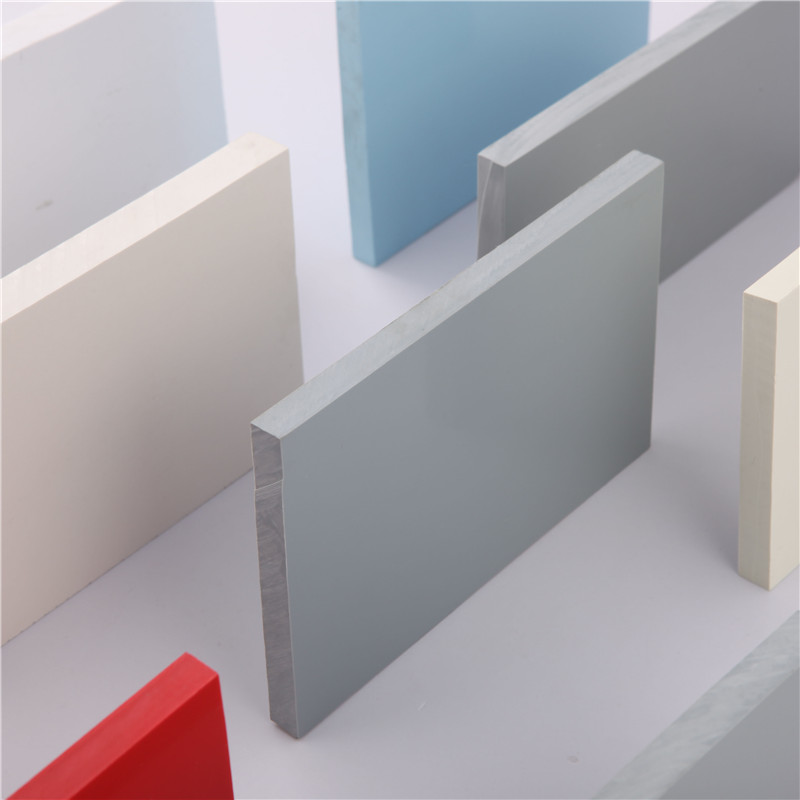Oktoba . 21, 2024 09:39 Back to list
Understanding PVC Pipe Couplings and Their Applications in Plumbing Systems
The Role of PVC Pipe Couplings in Plumbing Systems
Polyvinyl chloride, commonly known as PVC, has become an indispensable material in the plumbing and construction industries. Among the various components that comprise a plumbing system, PVC pipe couplings play a crucial role in ensuring robust, leak-free connections between pipes. This article delves into the significance of PVC pipe couplings, their applications, and the advantages they offer.
What is a PVC Pipe Coupling?
A PVC pipe coupling is a fitting that connects two sections of PVC pipes. These couplings allow for the extension of pipe networks, enabling changing directions or branching into multiple outlets. They come in various types, including slip couplings, threaded couplings, and reducer couplings, each designed for specific plumbing requirements. A slip coupling, for example, is straightforward and allows two pipe ends to be joined, while a threaded coupling enables connections with male and female threads.
Applications of PVC Pipe Couplings
PVC pipe couplings have diverse applications across several sectors. They are extensively used in residential plumbing systems, commercial buildings, irrigation projects, and industrial applications. In residential settings, they can seamlessly connect pipes for water supply and drainage systems, ensuring smooth operation and durable performance. In commercial buildings, these couplings provide the versatility needed to adapt to changing layouts and plumbing specifications. Additionally, in agricultural applications, PVC couplings help create efficient irrigation systems that are essential for crop production.
Advantages of PVC Pipe Couplings
pvc pipe coupling

One of the primary advantages of PVC pipe couplings is their resistance to corrosion. Unlike metal fittings that can rust or degrade over time, PVC remains stable and effective even in challenging environments. This characteristic not only enhances the longevity of piping systems but also ensures that water quality remains uncontaminated by harmful substances.
Moreover, PVC pipe couplings are lightweight, making them easy to handle during installation. This ease of use translates to faster assembly times and reduced labor costs. Additionally, the material offers flexibility in design and application since PVC can be molded into various shapes and sizes to meet specific plumbing needs.
Another significant advantage is the affordability of PVC. Generally, PVC pipe fittings, including couplings, are less expensive than their metal counterparts. This cost-effectiveness makes them an attractive choice for large-scale projects where budget constraints are a concern.
Furthermore, the installation process of PVC pipe couplings requires minimal tools. Typically, a simple set of PVC cement and cutters will suffice, allowing even novice DIY enthusiasts to tackle plumbing tasks without needing specialized equipment. This accessibility is essential in promoting the widespread use of PVC in the plumbing industry.
Conclusion
In summary, PVC pipe couplings are vital components in modern plumbing systems. Their ability to create secure, leak-proof connections makes them invaluable in various applications, from residential to industrial settings. The durability, corrosion resistance, and cost-effectiveness of PVC ensure that these fittings will continue to play a significant role in plumbing solutions for years to come. As technology advances and the demand for efficient plumbing systems grows, it is clear that PVC pipe couplings will remain at the forefront of plumbing innovations, paving the way for more effective and sustainable practices.
-
PP U-channel: Chemical-Resistant, Lightweight & Durable
NewsAug.10,2025
-
Transparent PVC Pipe: Clear Flexible Tubing for Fluids
NewsAug.09,2025
-
Durable PP Rigid Sheet: Versatile & High-Quality Plastic Panels
NewsAug.08,2025
-
Premium Glossy PP Rigid Sheet – Durable & Versatile
NewsAug.07,2025
-
High-Quality HDPE Sheet | Durable Plastic Panels
NewsAug.06,2025
-
High-Precision PVC Rigid Sheets for Vacuum Forming | AI-Optimized
NewsAug.05,2025

